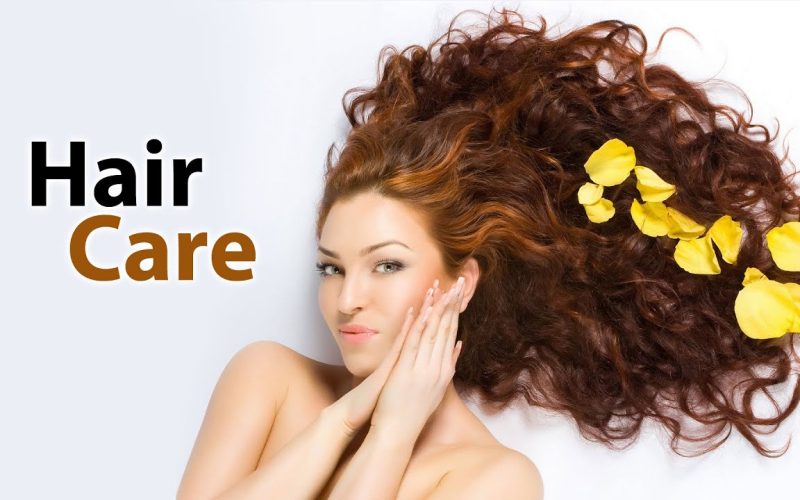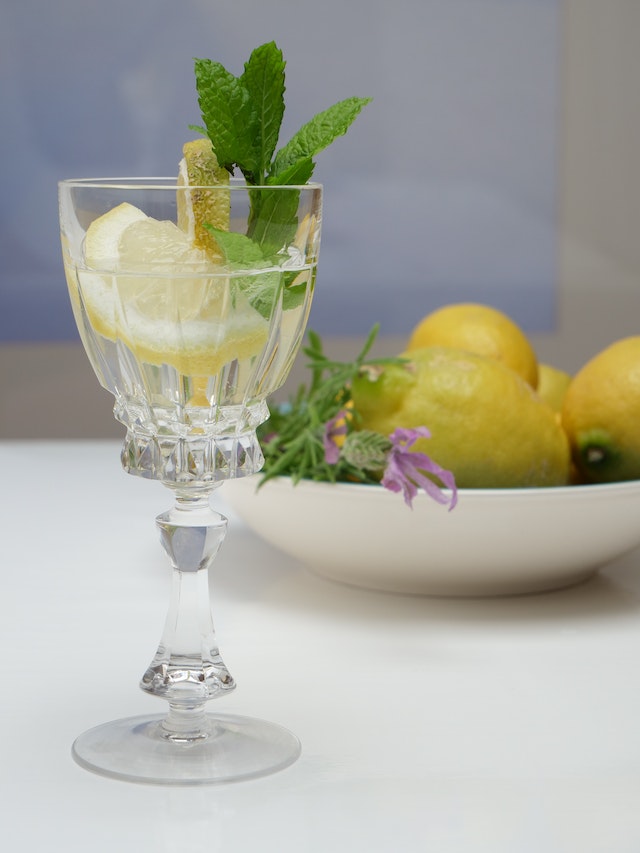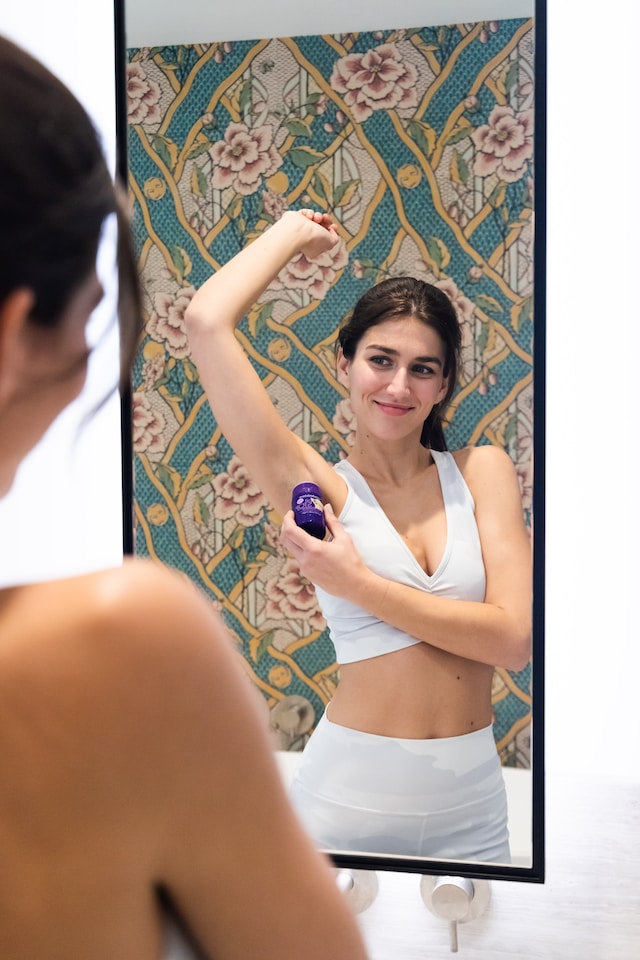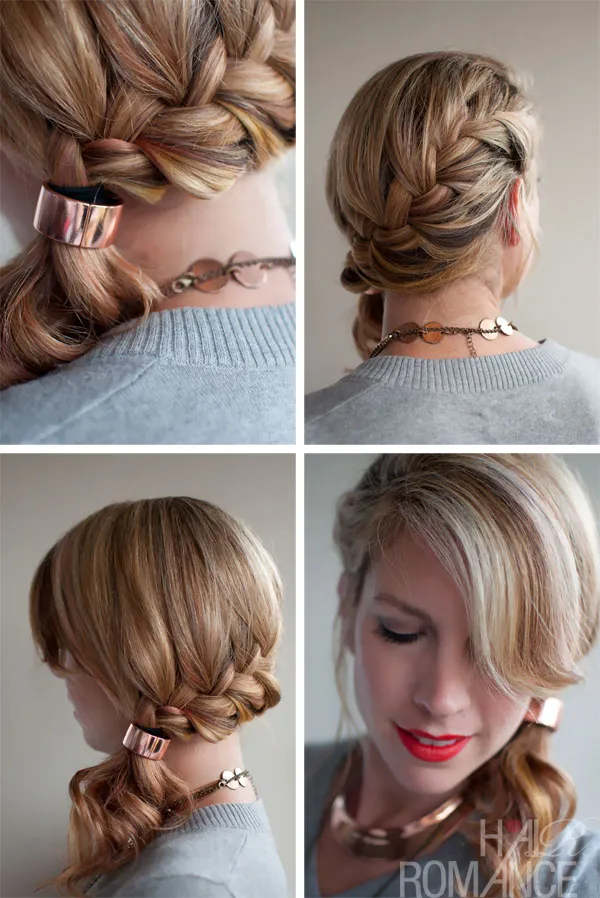Introduction
Healthy, shiny hair is a sign of good haircare practices and proper nourishment. Whether you have straight, curly, wavy, or coily hair, maintaining strong and luscious locks requires a consistent routine. Many people struggle with issues like dryness, hair fall, frizz, and breakage, often due to improper haircare habits or exposure to harsh products.
In this guide, we’ll explore the best haircare tips to help you achieve and maintain healthy locks. From choosing the right shampoo to protecting your hair from damage, these expert tips will help you get stronger, shinier, and healthier hair.
Why Is Haircare Important?
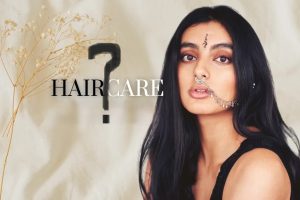
1. Prevents Hair Damage
Daily exposure to pollution, UV rays, heat styling, and chemicals can weaken hair. A proper haircare routine helps protect strands from damage and prevents split ends and breakage.
2. Promotes Hair Growth
Taking care of your scalp and hair follicles ensures better hair growth and reduced hair fall. Using natural oils, scalp massages, and proper hydration can significantly improve hair thickness.
3. Enhances Hair Texture and Shine
A good Haircare Tips routine enhances the natural shine and softness of your hair. Avoiding harsh chemicals and ensuring proper hydration will leave your locks silky and smooth.
The Best Haircare Tips for Healthy Locks
1. Choose the Right Shampoo and Conditioner

Using the right shampoo and conditioner is crucial for your hair’s health. Different hair types require different formulations.
- Oily Hair: Choose a clarifying shampoo to remove excess oil. Avoid heavy conditioners.
- Dry Hair: Use a moisturizing shampoo and conditioner with hydrating ingredients like coconut oil and shea butter.
- Curly Hair: Look for sulfate-free, hydrating formulas that define curls without stripping moisture.
- Color-Treated Hair: Use color-safe shampoos to prevent fading and dryness.
Pro Tip: Always rinse shampoo with lukewarm or cold water to seal hair cuticles and retain moisture.
2. Wash Your Hair the Right Way
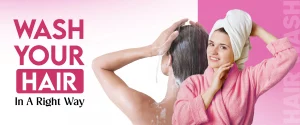
Overwashing or not washing your hair enough can lead to scalp issues like dandruff, excessive oiliness, or dryness.
- Wash 2-3 times a week if you have normal or dry hair.
- Oily hair types may need washing every other day.
- Use a sulfate-free shampoo to prevent hair from drying out.
- Massage your scalp while washing to improve blood circulation and stimulate hair growth.
3. Deep Condition Your Hair
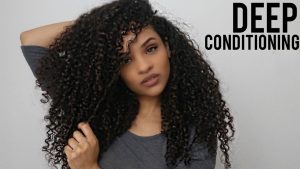
Deep conditioning helps restore moisture, strength, and elasticity to your hair. It is especially useful for damaged, dry, or color-treated hair.
- Use a deep conditioner or hair mask once a week.
- Apply the product from mid-lengths to ends, avoiding the scalp.
- Leave it on for 10-20 minutes before rinsing.
- Look for ingredients like argan oil, aloe vera, keratin, and avocado oil for deep hydration.
4. Avoid Heat Styling and Chemical Treatments

Frequent use of heat-styling tools like straighteners, curling irons, and blow dryers can weaken hair strands and lead to breakage and split ends.
- Use a heat protectant spray before styling.
- Opt for air-drying instead of blow-drying when possible.
- Limit heat styling to special occasions to prevent long-term damage.
- Consider natural styling methods like braiding for curls or using rollers.
5. Trim Your Hair Regularly
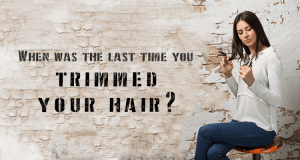
Getting regular trims prevents split ends and keeps your hair looking healthy and fresh.
- Trim your hair every 6-8 weeks.
- Even if you’re growing your hair, trimming helps prevent breakage.
- Visit a professional stylist for a proper haircut and damage control.
6. Nourish Your Scalp

A healthy scalp is the foundation of strong, healthy hair. Poor scalp care can lead to dandruff, hair fall, and weak hair growth.
- Massage your scalp with essential oils like coconut oil, castor oil, or argan oil to boost circulation.
- Use a gentle exfoliating scrub once a month to remove dead skin and product buildup.
- Avoid scratching your scalp to prevent irritation and infections.
7. Eat a Hair-Healthy Diet
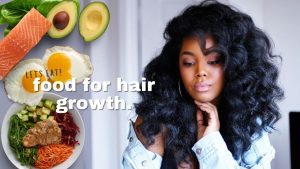
Your diet plays a crucial role in hair strength and growth. Nutrient-rich foods provide essential vitamins and minerals that support hair health.
- Protein (Eggs, fish, chicken, beans): Strengthens hair strands.
- Biotin & Vitamin B (Nuts, seeds, avocados): Promotes hair growth.
- Iron & Zinc (Spinach, lentils, beef): Prevents hair loss.
- Omega-3 Fatty Acids (Salmon, flaxseeds, walnuts): Keeps hair shiny and moisturized.
8. Protect Your Hair While Sleeping
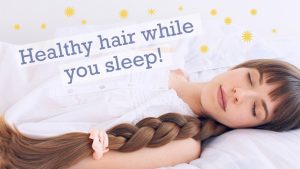
Your hair rubs against the pillowcase while sleeping, which can cause friction, tangles, and breakage.
- Use a silk or satin pillowcase to reduce frizz and breakage.
- Tie your hair in a loose braid or bun to prevent tangling.
- Apply a light leave-in conditioner or hair oil before bed for extra nourishment.
9. Hydrate and Avoid Harsh Chemicals

Hydration is key to maintaining soft and healthy hair. Lack of moisture leads to dryness, breakage, and dullness.
- Drink at least 8 glasses of water daily.
- Avoid shampoos containing sulfates, parabens, and alcohol, which can strip hair of natural oils.
- Use a leave-in conditioner to lock in moisture throughout the day.
10. Protect Your Hair from the Sun and Pollution
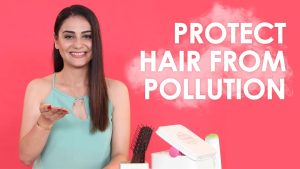
UV rays and pollution can damage hair fibers, cause fading, and weaken hair strands.
- Wear a hat or scarf when exposed to the sun for long hours.
- Use hair serums with UV protection.
- Rinse your hair after swimming to remove chlorine and salt buildup.
The Importance of Regular Haircuts
Regular haircuts are another key aspect of haircare. Getting hair trimmed every few months can help remove split ends and prevent further damage. A good haircut can also make hair look healthier and easier to style. Many people are now realizing that regular visits to the salon are essential for maintaining hair health. This practice can lead to more vibrant and beautiful hair over time.
The Role of Education in Haircare
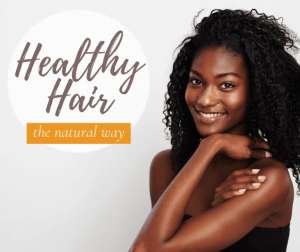
Education is important when it comes to haircare. Many people are now taking the time to learn about hair health and proper techniques. Classes, workshops, and online videos help teach people how to care for their hair. This education helps individuals understand how to choose the right products and develop effective routines. With more knowledge, people can feel more confident in their haircare choices.
The Impact of Lifestyle on Hair Health
A person’s lifestyle can greatly affect hair health. Factors such as diet, stress levels, and overall health play a role in how hair looks and feels. Eating a balanced diet rich in vitamins and minerals is crucial for strong hair. Staying hydrated by drinking enough water also helps keep hair moisturized. By making healthy choices, individuals can support their hair from the inside out.
Challenges in Haircare
Despite the many benefits, there are challenges in haircare. With so many products available, it can be hard to choose the right ones for your hair type. People may also face issues like hair damage from heat styling, environmental factors, or using the wrong products. Finding a routine that works can take time and effort, which can be discouraging for some.
The Future of Haircare
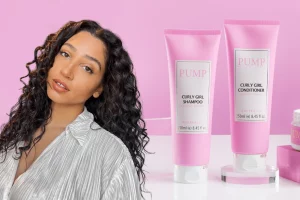
The future of haircare looks promising. As technology advances, new products and treatments will become available. More people will continue to prioritize hair health and seek personalized solutions. With the growing trend of clean beauty, we can expect more natural and eco-friendly products in the market. Overall, the focus on healthy hair will likely keep growing, helping everyone achieve their best hair.
Analysis Table: Haircare Tips Based on Hair Type
| Hair Type | Best Practices |
|---|---|
| Oily Hair | Use a clarifying shampoo, avoid over-conditioning, rinse with cold water |
| Dry Hair | Use hydrating shampoos, apply deep conditioner weekly, avoid heat styling |
| Curly Hair | Use sulfate-free shampoos, define curls with leave-in conditioner, avoid brushing |
| Color-Treated | Use color-safe products, deep condition often, avoid frequent washing |
| Thin Hair | Use volumizing products, avoid heavy oils, blow-dry upside down for volume |
Conclusion
Healthy hair starts with proper care, hydration, and the right products. Following these haircare tips will help strengthen your hair, prevent damage, and promote growth. Whether you change your shampoo, eat a nutrient-rich diet, or avoid heat styling, small steps can make a big difference in the health of your hair.
Call to Action
Start applying these haircare tips today for stronger, shinier, and healthier locks. Share your haircare routine in the comments or tag us with your best haircare hacks!






